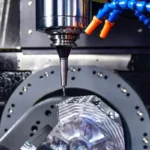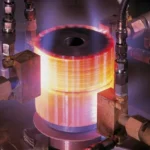Robotics Prototyping And Manufacturing
Prototyping and rapid manufacturing are crucial elements of the robotics product design and development cycle. These techniques enable you to swiftly create prototype and low-volume production parts for lab testing, functionality trials, and ultimately, market introduction, speeding up the entire journey from initial concept to market entry.
The Critical Role of Prototyping and Quick Production in Robotics Development
The creation of new robotics products is traditionally an expensive and lengthy process. However, modern strategies in the progression from concept to commercialization are revolutionizing how these products are launched, focusing on both efficiency and cost reduction.
Rapid prototyping and manufacturing services offer a fast, dependable, and cost-effective way to produce both prototype models that maintain essential features and low-volume production parts for concept validation and market testing of robotic components and systems. This approach facilitates the exploration of innovative concepts, the collection of early user feedback, and the crafting of solutions tailored for specific robotic applications. These prototypes can then undergo testing in lab or real-world environments, expediting their introduction to the market. Moreover, this phase provides critical insights into future production processes, cost projections, schedule management, and quality control measures.

Optimal Strategies Enhanced by Prototyping and Manufacturing in Robotics Development
Proof of Concept:
Develop concepts for robotics systems into a feasible scope, focusing on defining essential details and comprehensively grasping the design intent via proof-of-concept prototypes.
Visual Presentation:
Visual presentation models enable designers to showcase the look and aesthetics of their robotic designs to colleagues, clients, and stakeholders, thereby fostering clear and actionable feedback.
Functional Prototyping:
Functional prototyping in robotics development, also known as Beta prototyping, allows for testing the form, fit, and function of components. This process helps refine design iterations and enhance system performance. It enables the identification and correction of issues early in the development cycle, significantly reducing business risk before finalizing the product.
Engineering Validation:
Developing engineering prototypes that closely resemble the final robotics system simplifies the process of verifying design, engineering, and manufacturability. This step is crucial before committing significant resources to expensive tooling and production processes.
Pilot Production:
Rapid manufacturing and custom low-volume production of robotics systems serve as an effective bridge from prototype to full-scale production. This approach accelerates market entry and maintains cost-efficiency, facilitating a smoother transition to commercial availability.
Get in Touch to Develop Your Custom Robotics Components and Prototypes
We specialize in offering solutions for robotics component development, focusing on manufacturability and cost-efficiency from initial concept to production.
Robotics Component Prototyping and On-Demand Manufacturing by AS Prototypes
With deep expertise, AS Prototypes excels in robotics component prototyping and machining, serving numerous robotics manufacturers worldwide. We support you at every stage—from initial prototyping, through testing and iterations, to product demonstrations, and even into short or low-volume production runs.
Our prototyping and manufacturing capabilities are extensive, featuring an in-house CNC machining and finishing shop, 3D printing, urethane casting, rapid injection molding, and sheet metal fabrication to meet all your robotics development needs.
CNC Machining for Robotics Components
CNC machining is a critical technology in the robotics industry, facilitating the precise and efficient production of complex components essential for various robotics applications. At AS Prototypes, we specialize in CNC machining, employing premium materials such as aluminum and stainless steel to meet exacting specifications with high tolerances. This capability ensures that our machined parts, including robot structural elements and mechanical linkages, meet the rigorous demands of the robotics sector.
Typical applications: Robotic Arms, Gearboxes, Chassis Components, Actuator Mounts, Structural Frames, End Effectors, and Sensor Mounts.
Typical materials: Aluminum, Stainless Steel, Titanium, High-performance Alloys, PEEK, Polycarbonate, and ABS.
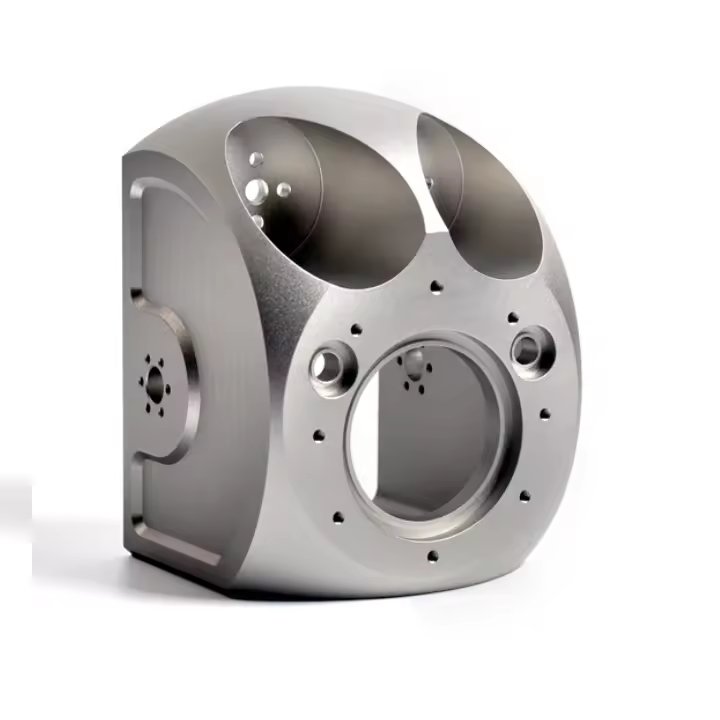
3D Printing for Robotics Components
3D printing is revolutionizing the robotics industry at AS Prototypes by enabling the rapid production of complex, customized components such as robot-specific parts, advanced polymers, and precisely tailored robotic tools. We specialize in utilizing robotics-grade materials to ensure each product not only meets precise specifications but also adheres to the highest quality and safety standards required in robotics applications.
Typical applications: Actuator Housings, Gripper Assemblies, Chassis Parts, Custom Gears, Structural Supports, Heat Dissipation Systems, Sensor Casings, and Robotic End Effectors.
Typical materials: Titanium, Aluminum, Stainless Steel, Nickel, Polymers (PEEK, ABS), Advanced Composites, and Technical Ceramics.
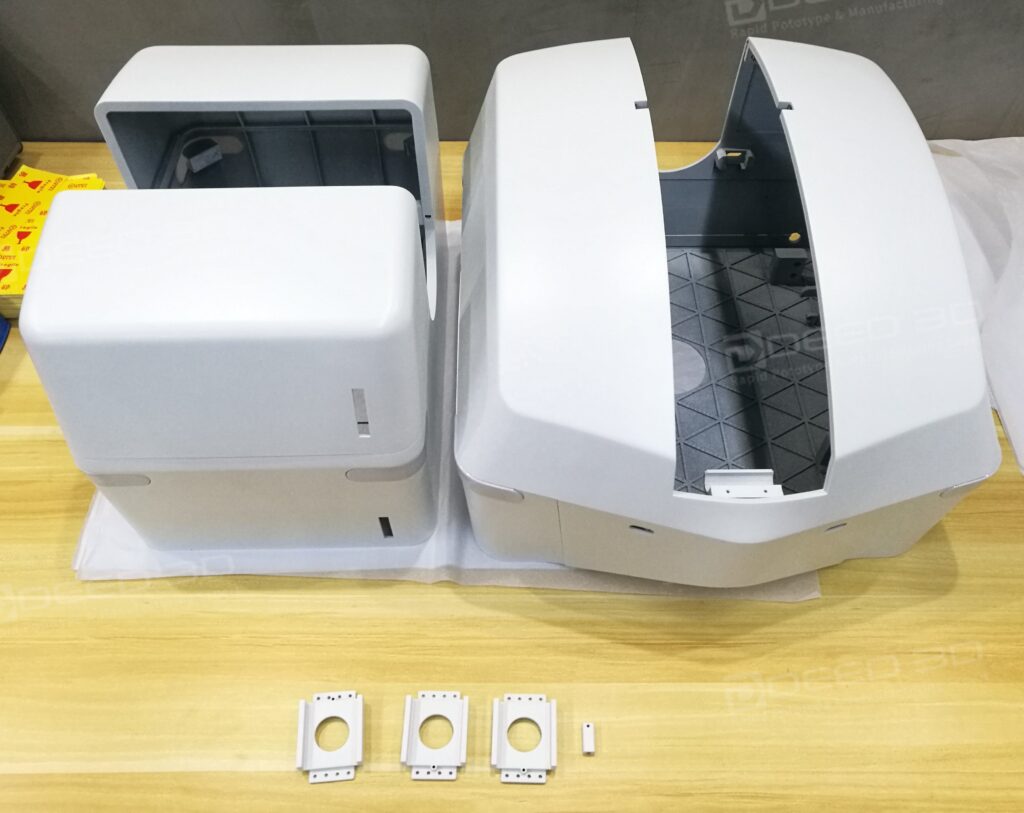
Get in Touch to Develop Your Custom Robotics Components and Prototypes
We specialize in providing solutions for robotics component development, emphasizing manufacturability and cost-efficiency from concept through to production.
Vacuum Casting for Robotics Components
Polyurethane casting presents numerous benefits and applications, making it a valuable technique for the robotics industry, particularly for low-volume production of robotics component housings. This method is ideal for initial product launches before investing in injection molding and tooling, allowing for market research and gathering customer feedback. It also facilitates the early delivery of robotics components. In markets characterized by fast-paced innovation and short product lifecycles, silicone molding used to cast urethane enables manufacturers to quickly iterate and refine their designs without the need to recoup the costs associated with hard tooling.
Typical applications: Robot Casing Enclosures, Instrument Housings, Robotics Models, Flexible Joint Covers, and Vibration Isolators.
Typical materials: Polyurethane, Epoxy Resins, Silicone, ABS-like Resins, High-performance Robotics-grade Resins.
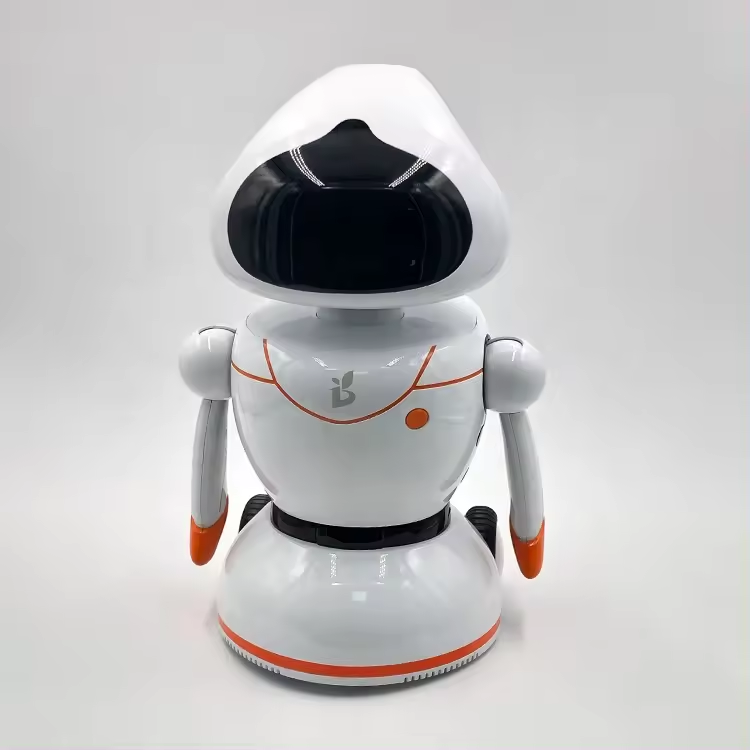
Rapid Injection Molding for Robotics Components
Rapid injection molding is an optimal solution for robotics manufacturers requiring low-volume molded parts. It effectively supports manufacturability analysis, engineering tests, operational evaluations, investor demonstrations, and readiness for production in the advanced phases of robotics component development. Additionally, it serves as an intermediary between prototyping and full-scale production, allowing for the early detection and resolution of issues before transitioning to manufacturing.
Typical applications: Robotic Gripper Components, Control Knobs, Housing for Electronics, Protective Covers, and Sensor Enclosures.
Typical materials: Polypropylene, Polycarbonate, Polyethylene, ABS, and PEEK.
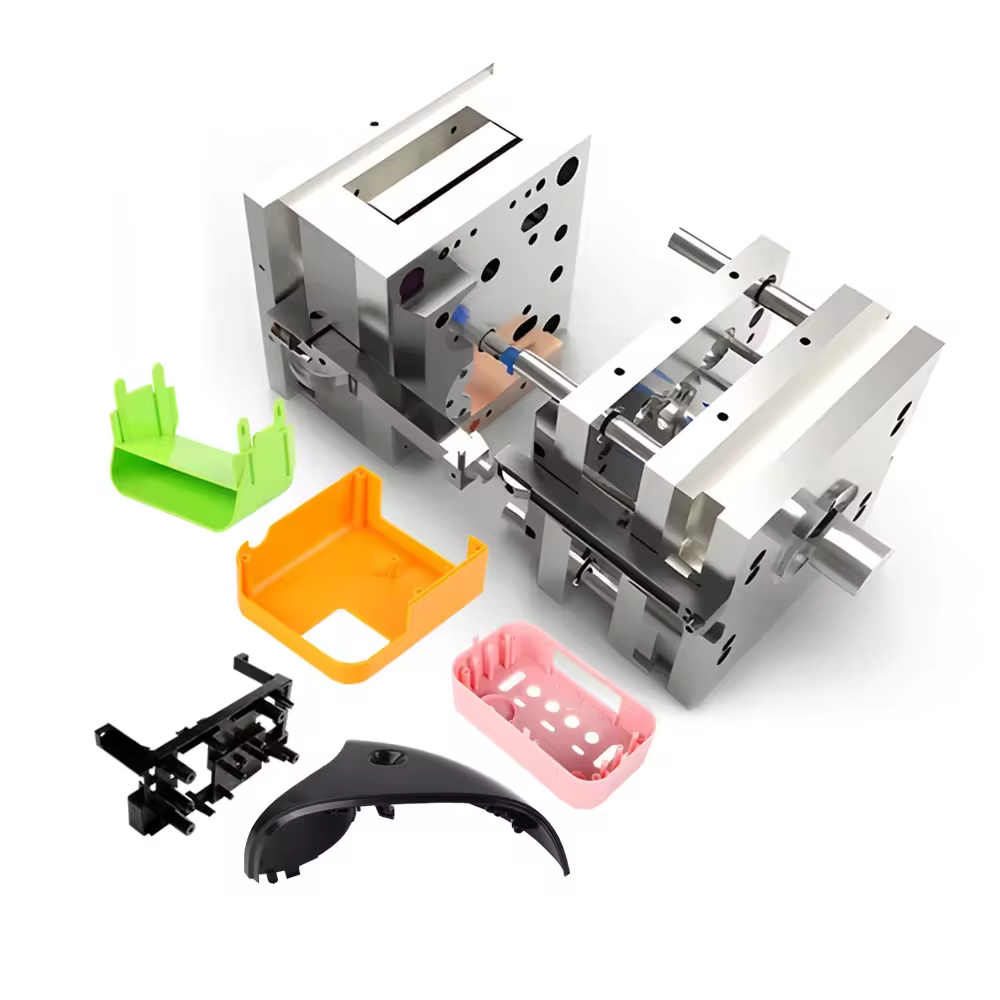
Sheet Metal for Robotics Components
Sheet metal fabrication is a critical technique in the production of robotics components, emphasizing precision and adaptability. This process involves cutting, bending, and assembling metal to create components for devices ranging from robotic frames to enclosures for electronic systems. The ability to meet exact specifications and maintain high tolerances makes sheet metal ideal for complex robotics applications. Additionally, materials like aluminum used in this process are lightweight and corrosion-resistant, supporting the stringent durability and safety standards required in robotics settings.
Typical applications: Structural Frames, Protective Casings, Mounting Brackets, Chassis Components, and Sensor Enclosures.
Typical materials: Aluminum, Titanium, and Stainless Steel.
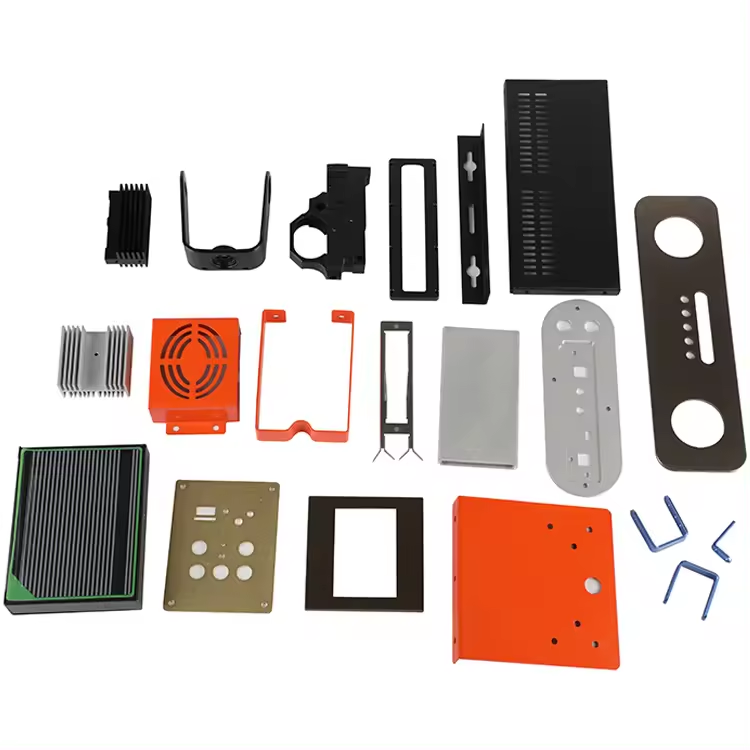
At AS Prototypes, we are dedicated to collaborating with you to ensure the success of your entire robotics project. Whether you need prototypes, custom components, or mass-produced parts, we deliver reliable and consistent results, always adhering to your schedule.

